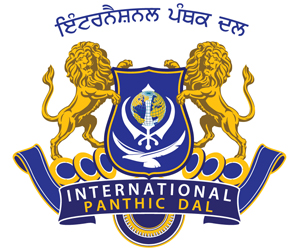The Indian government voted against an abolition of the death penalty put forward by the UN. Judicial system is eye for an eye.
Wednesday 21/11/2012: Ajmal Kasab, last surviving gunman of the 26/11 Mumbai attack was hung till death. His execution was clouded in secrecy and was only announced after the hanging. He was hung in Pune’s Yerwada jail at 7.30am and according to Indian media, he was buried in the jail at 9.30am on the same day. Kasab was reportedly part of the Lashkar-e-Toiba terrorist group and a Pakistani national.
The execution came a day after India had opposed a UN General Assembly draft resolution which sought abolition of the death penalty. The General Assembly had voted to approve the draft resolution which calls for a moratorium on executions. The draft resolution was passed with 110 nations approving, 39 against and 35 abstaining. India had voted against the resolution alongside Pakistan, Sudan and Egypt amongst others.
The execution has most certainly echoed the poor state of Indian justice, Former Executive Editor of The Hindu, Malini Parthasarathy said: “Kasab hanged. How does legal sanction for retaliatory murder redeem the savagery of what is in essence an “eye for an eye” act of revenge?”.
It seems as if the government of India is more concerned about sending a message to Pakistan rather than human rights. It is not a coincidence that countries with the worst human rights records, such as India, have the highest number of executions. Amnesty International refers to the death penalty as the “premeditated and cold-blooded killing of a human being by the state” and the “ultimate denial of human rights”.
It is clear that the United Nations is seeking a civilised and holistic approach to the justice system in the 21st century by proposing such resolutions, however, nations such as India are finding it difficult to keep up with the global community. The refusal of such a draft reflects India’s backward and outdated justice system.








